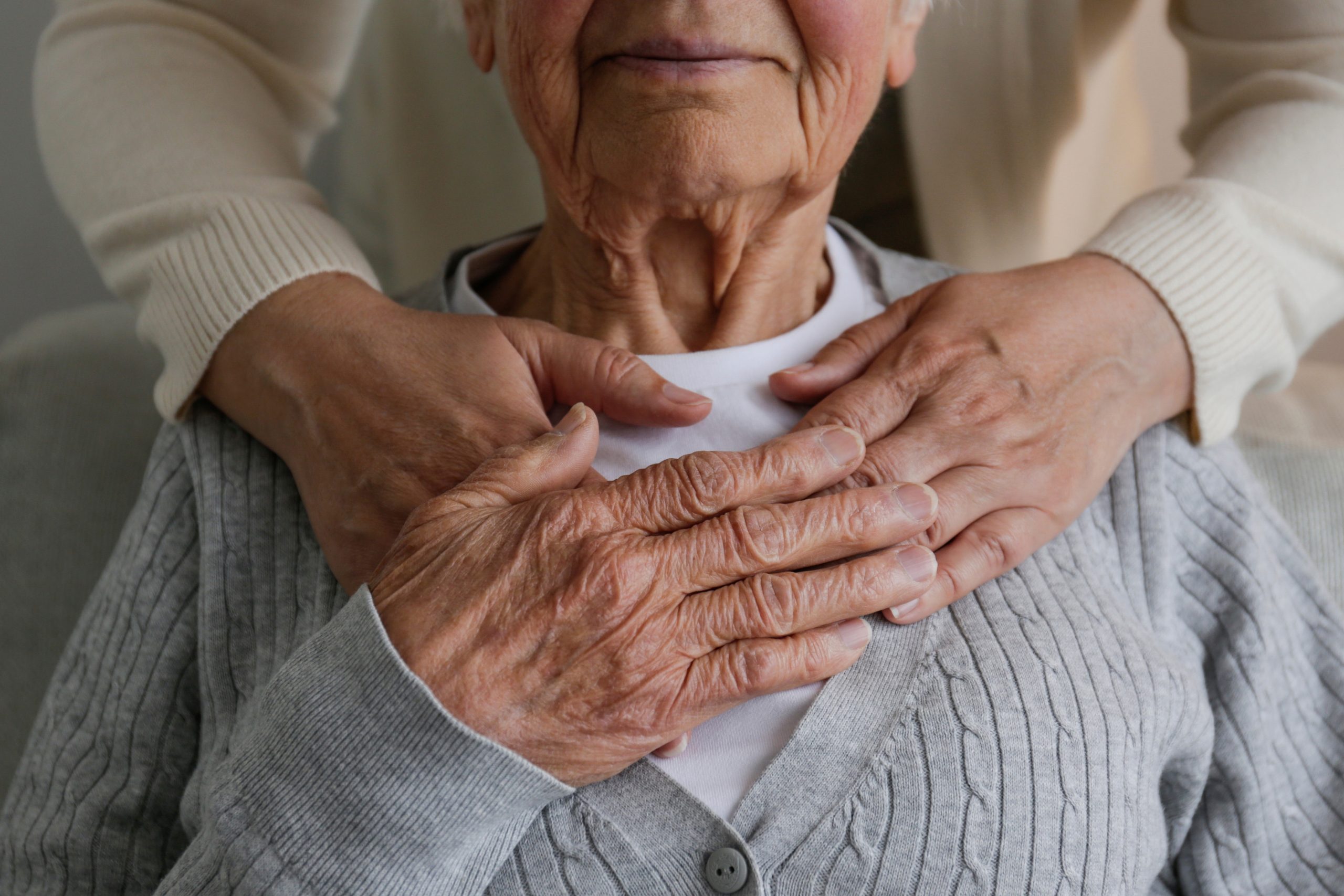Peer Support Worker (PSW) in dementia care field to recognise and value the experience and perception of former or current informal caregivers.
Dementia today significantly impacts the daily lives of 55 million people and their families worldwide. Alzheimer and other forms of dementia also ranked as the 7th leading cause of death. This number, which is believed to be underestimated, is expected to increase exponentially in the coming years, and WHO recognizes dementia as a public health priority. The prevalence has increased enormously in recent years and has become one of the greatest health challenges of the 21st century due to the high demand for medical, social and institutional care.
Prior to institutional care, family carers play an important role for people with dementia, helping them with their daily activities, the dependency of which increases with the severity of the disease. Although family carers spontaneously want to care for their loved one with dementia, such tasks imply that they start caring for them without any preparation and without thinking about it, as caring for someone is considered ‘normal’. However, becoming a caregiver can mean facing a number of dilemmas and difficult problems. Caregiver perspectives are of great importance as they help to better describe the role of caregivers and identify potential ways to improve daily activities, resulting in a more positive experience (Lindeza et al, 2020).
The PIA project responded to the need to support caregivers and dementia care services by promoting the figure of the Peer Support Worker also in the dementia field. The aim is to enable caregivers of people with dementia to receive support from experienced caregivers who, through communication, listening and expertise, can provide useful suggestions to improve the lives of family caregivers, people with dementia.
With the first outcome of the project, the PIA partnership created an innovative training programme to become a Peer Support Worker, acquiring and strengthening knowledge and
As a final outcome, a document was developed containing recommendations and strategies to improve the care of people with dementia and the situation of caregivers. The document, through desk and field research, involved a careful analysis of the current state and the development of possible and concrete strategies co-developed with key stakeholders involved in focus groups.
The project coordinator stated “We achieved our goals by using a novel and innovative approach. But the greatest achievement was identifying deficiencies and possibilities for future work in the field of dementia”
skills to promote peer exchange and support on the one hand and community awareness on the other.
The second outcome of the project is a digital platform for communication and collaboration to facilitate the sharing of the difficulties in dementia care and the different political divides in the participating countries, encouraging the sharing of different and better dementia care models.
It is therefore hoped that the PIA project and its results will be an inspiration for further initiatives and actions in favour of the valorisation and inclusion of the figure of the Peer Support Worker in dementia care for an effective collaboration to improve the quality of life of persons with dementia, their formal and informal caregivers and caregivers in general.
This press release is available in:


